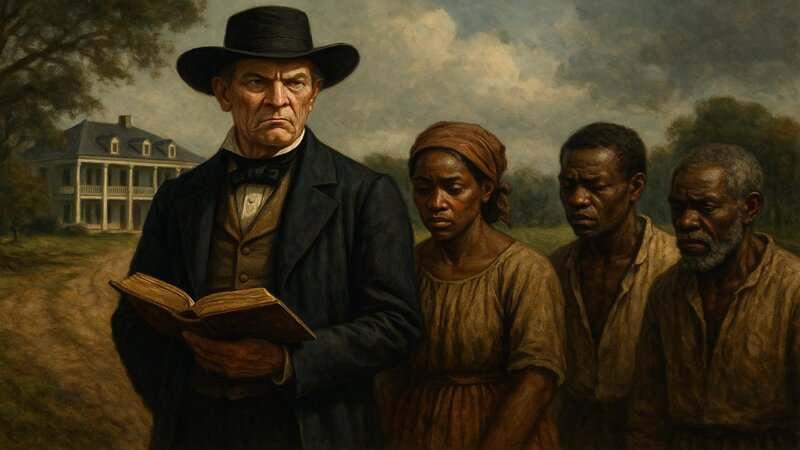1. Kindness Was Often Calculated Self-Interest

What passed for “kindness” among slave owners was frequently a strategy of self-preservation rather than genuine empathy. Providing slightly better food, clothing, or living conditions was a calculated effort to keep enslaved people productive and less likely to revolt. As Smithsonian Magazine reveals, these minimal comforts were rarely about compassion—they were about protecting their investment and maintaining control.


















